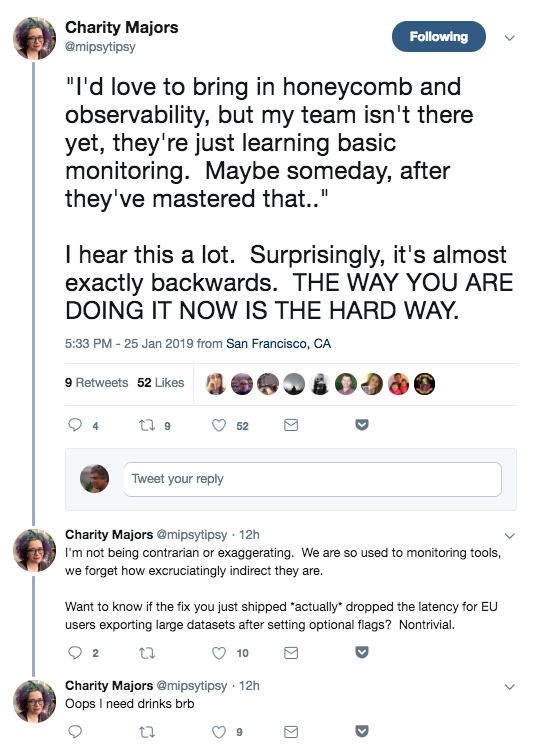As someone who travels frequently for work, I found the advice in this article pretty annoying: 10 Tools for Getting Work Done on Long Plane Rides.
Annoyance #1: The very idea
Summary: What the hell are you doing trying to work on a fricking airplane?
Life and work can be somewhat unpredictable, so there may be occasions when you have to do some work on your way to a client site, presentation, or business meeting. But the general rule for normal people is that you’re not “on the clock” 24×7.
Learn to manage your time. Get prepared for your event before you leave. On the flight, try to relax. When you arrive, you need to be rested and have a clear head. You won’t do your best work if your tired and stressed.
